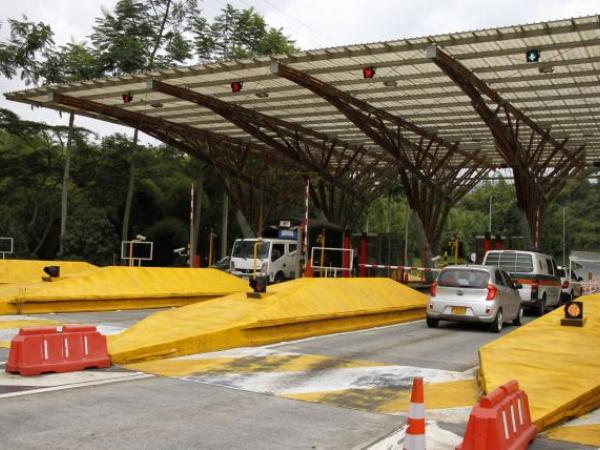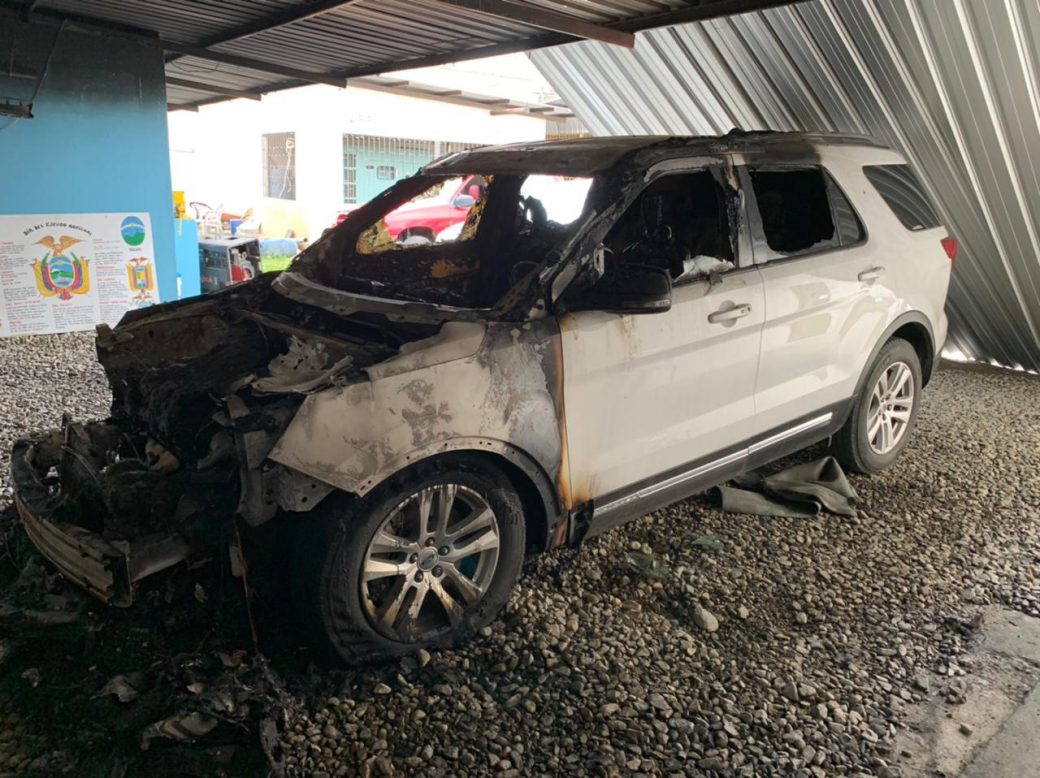A video of a driver asking not pay a toll On a Colombian street, it went viral and has given much to talk about.
(See: Leases, tolls and UVR, on the rise due to inflation).
The moment was recorded by the driver himself and occurred on a highway in the department of Tolima (the protagonist names that he is moving by road to Espinal, Tolima municipality).
WHAT HAPPENED?
The recording begins when a police officer goes to the vehicle in which the driver is. The car, from what you see in the images, is parked in the middle of the tollbooth.
“I have been in this traffic for more than half an hour (…) Decree 071 of 2008 says that after five minutes of being blocked, the toll gate must be lifted until the flow returns to normal (…) I don’t want to pay the toll, so please lift the talanquera. It’s not fair”, The driver explained to the uniformed man.
The policeman replies that it must be “aware that we are in a time when a lot of vehicles are moving and you, with your attitude, are forming more traffic“.
The driver insists that the Decree be applied, “so that the flow is normalized“, and they exchange a couple more comments.
(See: They announce the installation of more tolls in the country).
After a few seconds, in which the uniformed man walks away and talks to a colleague, they lift the toll gate to the driver and he leaves.
“As nobody speaks. People are sheep, people are like idiots: simply, paying money. Politely, no need to fight, they can do this, with laws“, concludes the man after passing without canceling the toll fee.
But, Is it real that there is a Decree to which you appealed and what does it say promptly?
THE DECREE
Portfolio was given the task of looking for that Decree and what he found was the following.
There is Decree 071, of the Ministry of Transport, but which was signed (by Andrés Uriel Gallego Henao, the then head of that portfolio) and issued on January 8, 2009, no 2008.
(See: These are the main complaints about tolls in Colombia).
Indeed, Article 3 of that document says: “… the Directorate of Traffic and Transportation of the National Police is empowered to comply with the ministerial directive to lift the barrier (talanquera) at the toll stations administered by the concessions and / or the National Institute of Highways (Invías ), and allow the passage of vehicles when the number of these generates damming, as stipulated in the contractual obligations and reiterated in the official letter MT-4562-1 65536 of December 19, 2006, requiring the presence of the controllers“.
However, at the beginning of the Decree it is commented: “Transitional measures are adopted in the matter of vehicles destined to the service of transport of load in some road sections“.
In a letter dated May 7, 2009, and signed by Antonio José Serrano Martínez, who presented himself in the letter as head of the legal advisory office of the Mintransporte, was answered to Juan Martín Caicedo Ferrer, who was and continues to be the executive president of the Colombian Infrastructure Chamber (CCI), a consultation he made on, among other issues, Decree 071.
(See: Ten companies are interested in the management of Invías tolls).
The letter insists that the Mintransporte “adopted some transitory measures in the matter of vehicular traffic in some road corridors of the country, duly founded, motivated and justified“.
And then it was added: “are legal administrative acts (including 071), which were in force at the time, that is, January 11 and 12 of the current year (2009) and for the Easter holiday season (from April 6 to 12 of the present year 2009 – )“.
Here you can download both Decree 071 and the letter from the Ministry of Transportation to the CCI.
BRIEFCASE







